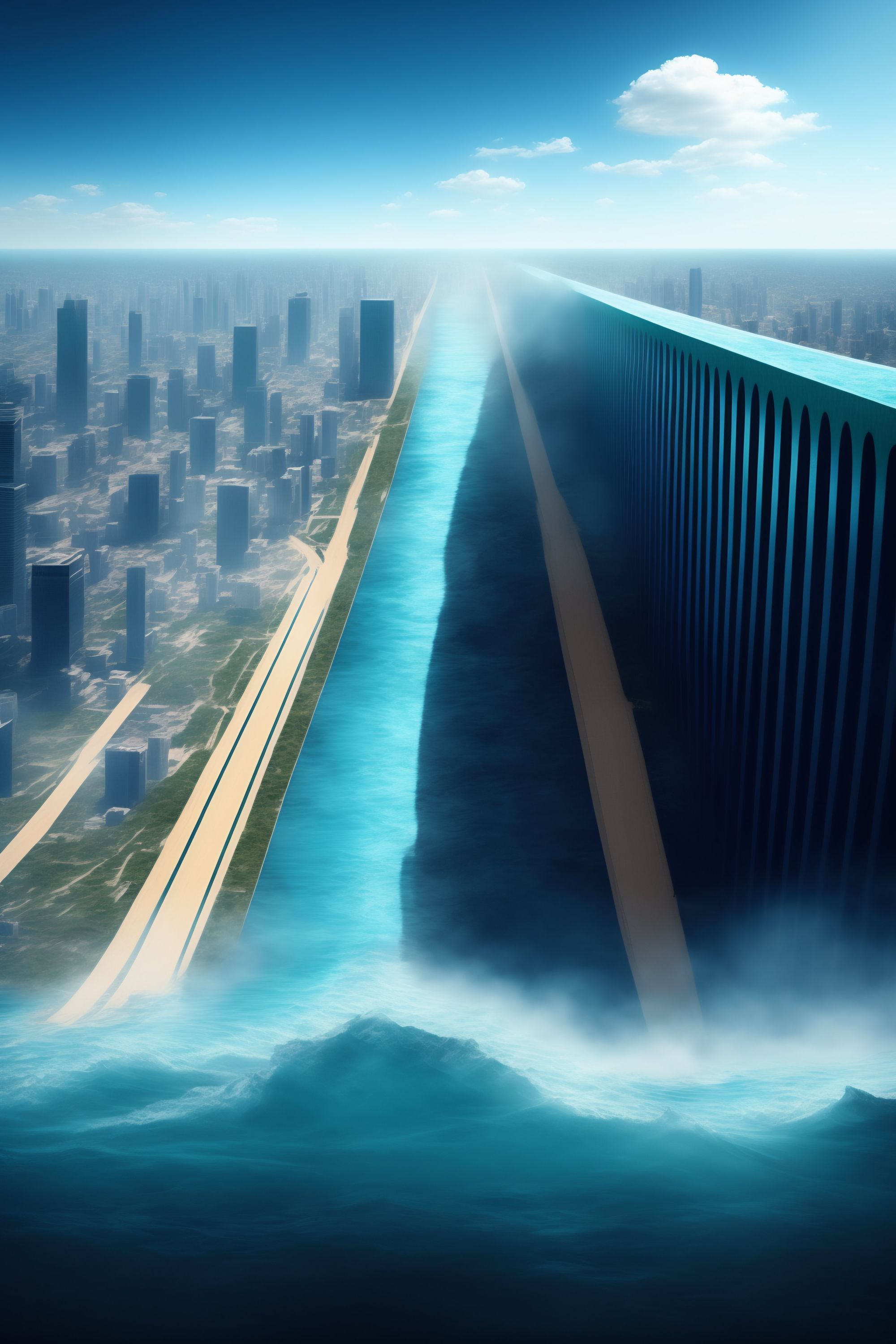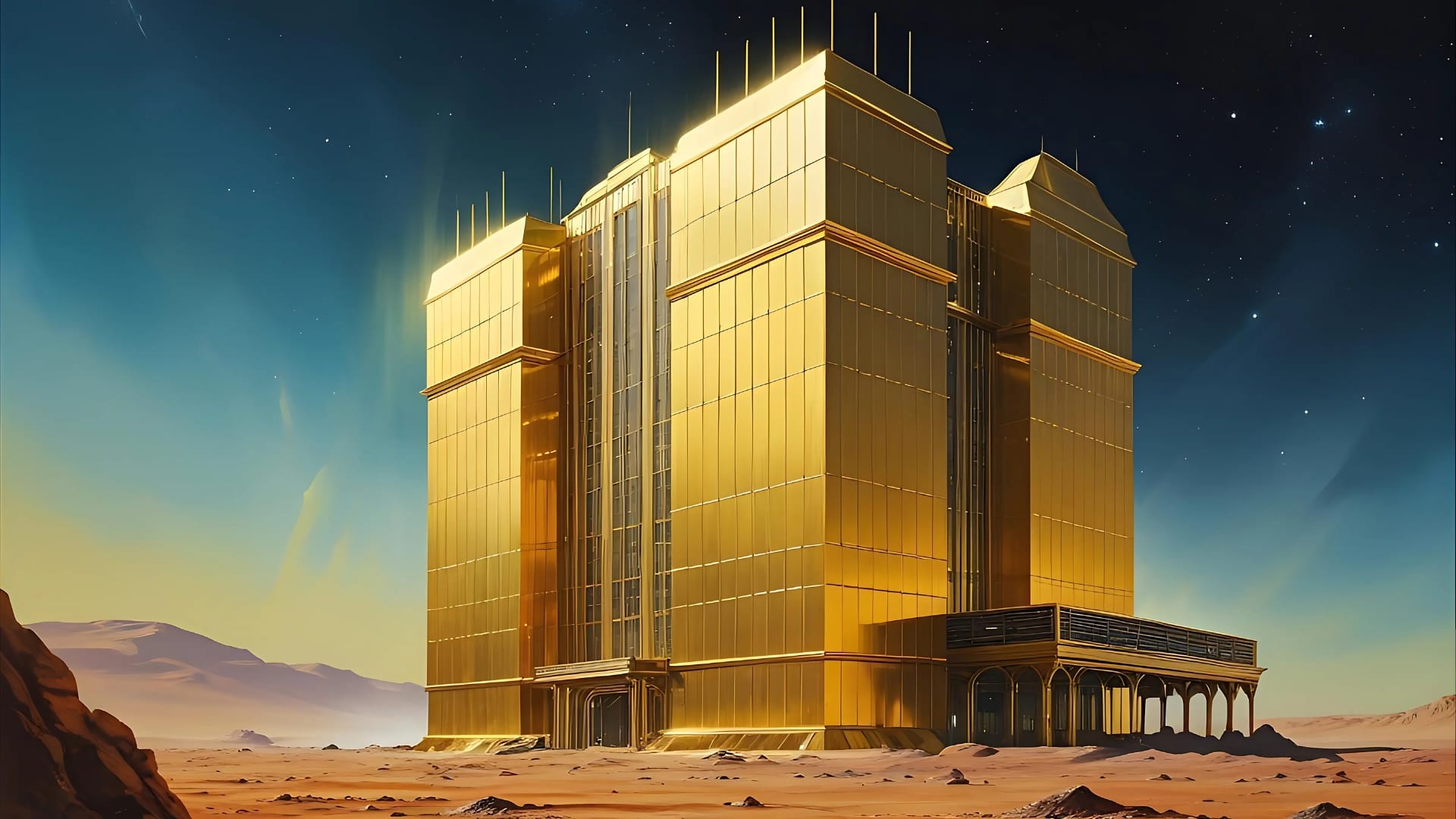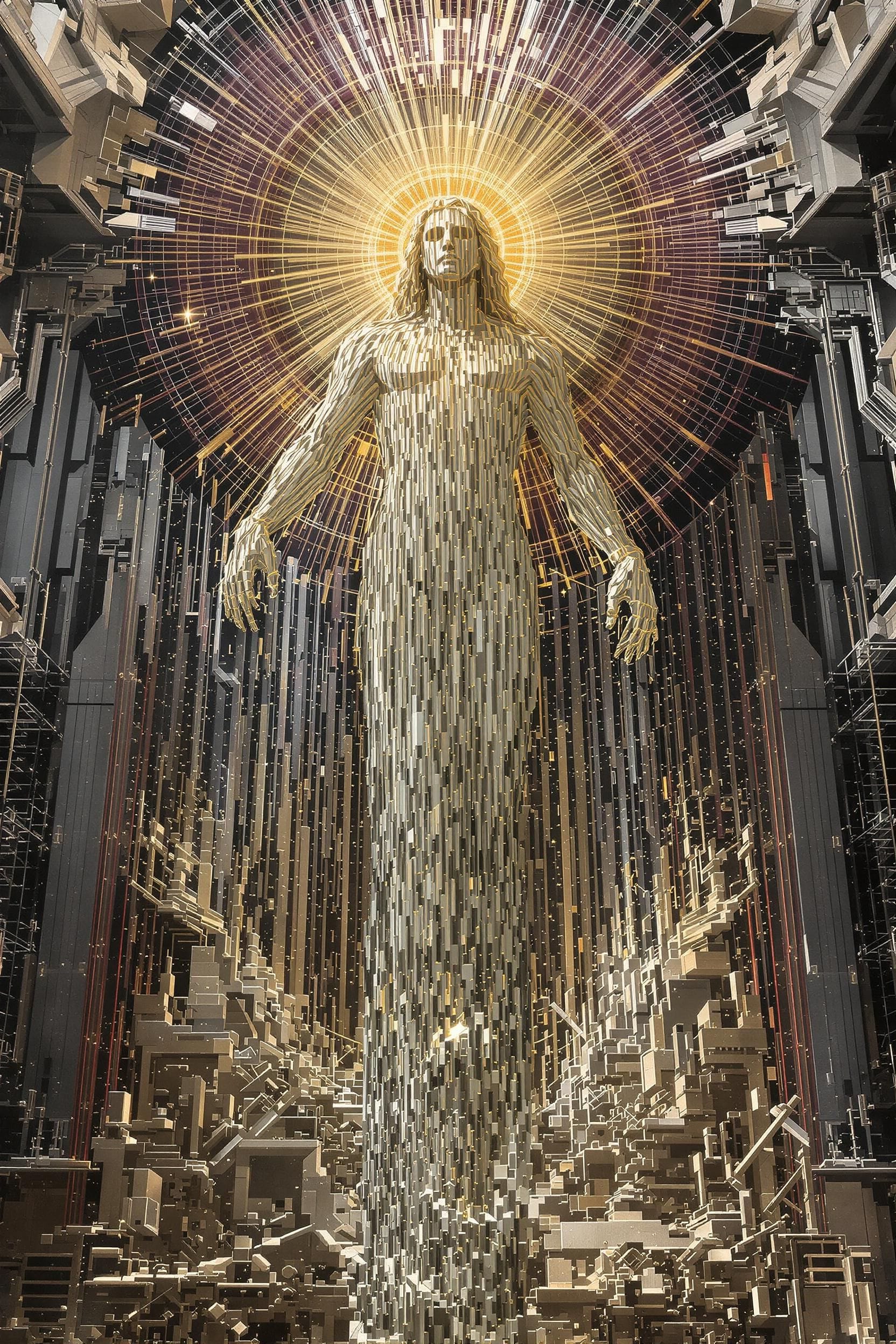The Day the Waves Swallowed London
The streets of London were transformed into raging rivers, cars floated away, and people desperately clung to anything that could keep them afloat.

It was a calm and sunny morning in London on the 5th of May, 2140. The bustling city was waking up to another day of its usual chaotic charm. People were rushing to work, schoolchildren were heading to their classrooms, and tourists were gathering at famous landmarks. No one could have predicted what was about to happen.
Suddenly, the ground began to shake violently. The buildings trembled, causing panic to spread among the citizens. It felt like the end of the world. And then, without any warning, a massive wall of water rushed towards the city, swallowing everything in its path.

The streets of London were transformed into raging rivers, cars floated away, and people desperately clung to anything that could keep them afloat. The once familiar landmarks were now submerged, hidden beneath the churning waves. Chaos and fear filled the air. London had been hit by a devastating tsunami.
As the waters finally receded, the survivors slowly emerged from their hiding places. The city they knew and loved was no more. The sky was filled with smoke, buildings had crumbled into ruins, and debris scattered the streets. The devastation was incomprehensible.
Among the survivors was Jacob, a young and curious scientist. Jacob had always been fascinated by natural disasters and had spent years studying them. Now, he found himself in the midst of one. Determined to find answers and help rebuild their shattered lives, he gathered a group of survivors and set out to survey the damage.
As they made their way through the ruins of the city, they encountered various obstacles. Fallen debris blocked their path, fires raged out of control, and bodies lay everywhere. The group pushed forward, driven by the hope of finding other survivors and a way to restore some semblance of normalcy.
Days turned into weeks, and still, they persevered. They rationed their limited supplies, explored the wreckage, and searched tirelessly for signs of life. As they continued their grim journey, they stumbled upon a group of survivors who had managed to shelter in an underground tunnel.
These survivors had established a small community, pooling their resources and providing support to one another. They had even managed to set up a rudimentary communication system using old radio equipment salvaged from the ruins. Jacob was amazed at their resilience and determination. With their newfound allies, they began to formulate a plan.
Jacob had a bold idea. Utilizing his scientific knowledge and the available resources, he proposed to build a makeshift barrier around the city to protect it from future tsunamis. The survivors eagerly embraced the plan, and together they set to work.
Days turned into months as the group toiled tirelessly. Using salvaged materials, they constructed a series of levees and barriers to divert and absorb the force of any potential tsunamis. It was a monumental task, but with their shared determination, they slowly pieced together a defence system, unlike anything that had been seen before.
Finally, after months of hard work, the barrier was complete. The survivors stood at the edge of the city, marvelling at their creation. It was a symbol of their resilience and their refusal to be defeated. London would never be the same, but it would rise from the ashes, stronger and more prepared than ever before.
As the years passed, London rebuilt itself, guided by the spirit of its brave and resourceful survivors. Jacob and his fellow scientists continued to study and monitor the ever-changing natural world, preparing for any adversity that may come their way. They had learned a valuable lesson – that the power of human ingenuity and determination could overcome even the greatest of disasters.
And so, London stood as a testament to mankind's ability to adapt and rebuild, a shining example of hope and resilience in the face of adversity. The day the waves swallowed London may forever be etched in their memories, but it was the strength and unity of its people that ultimately defined their future.





